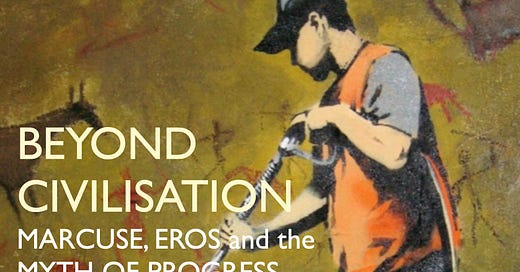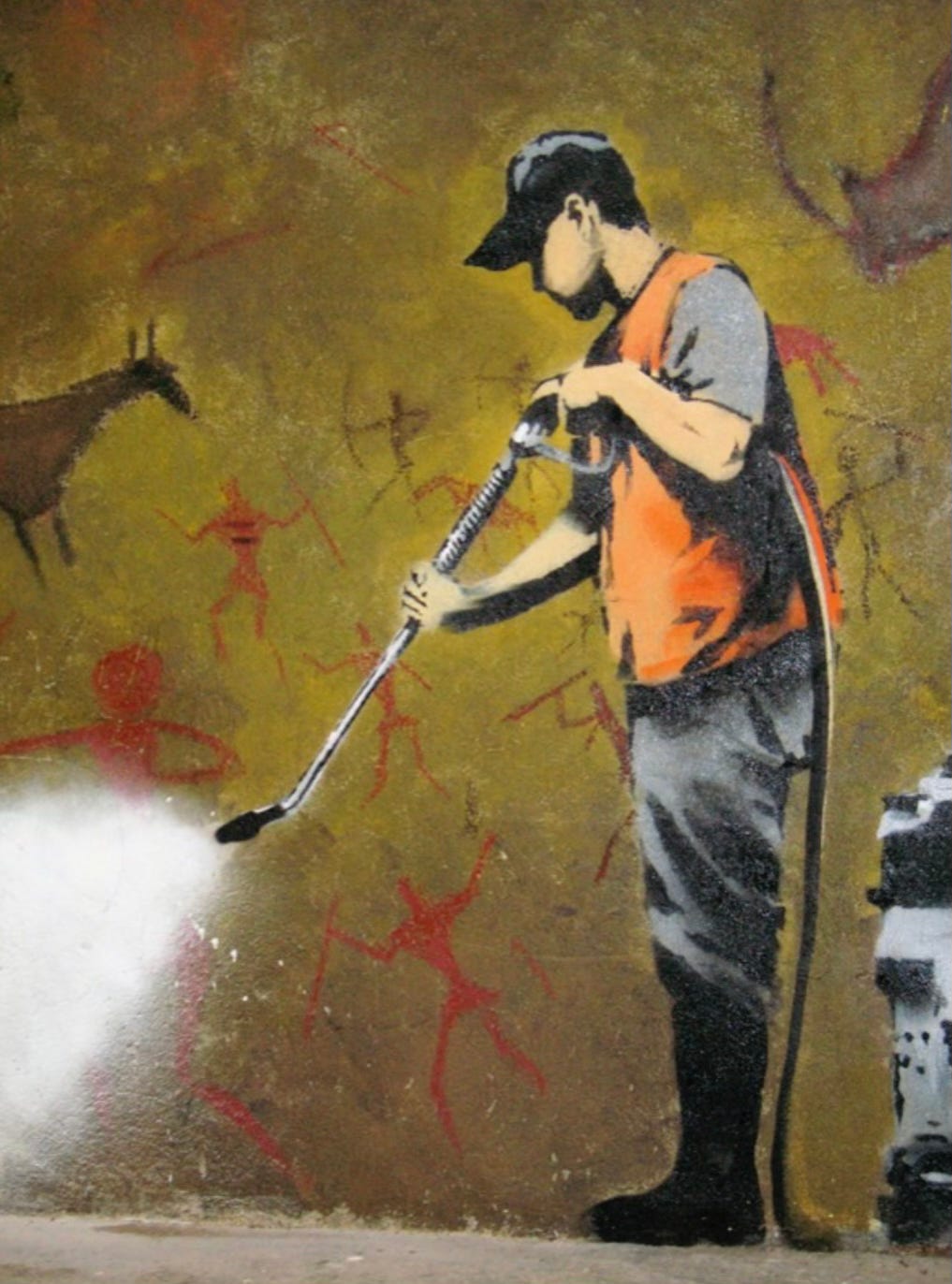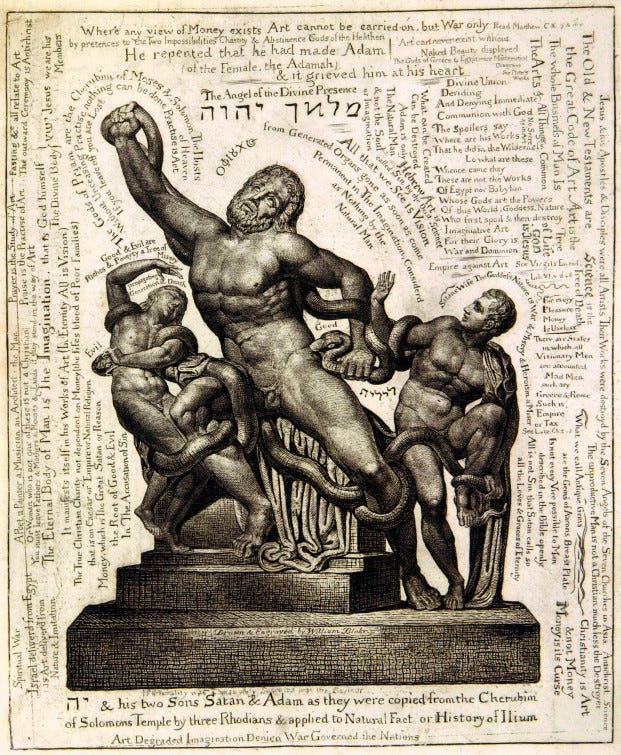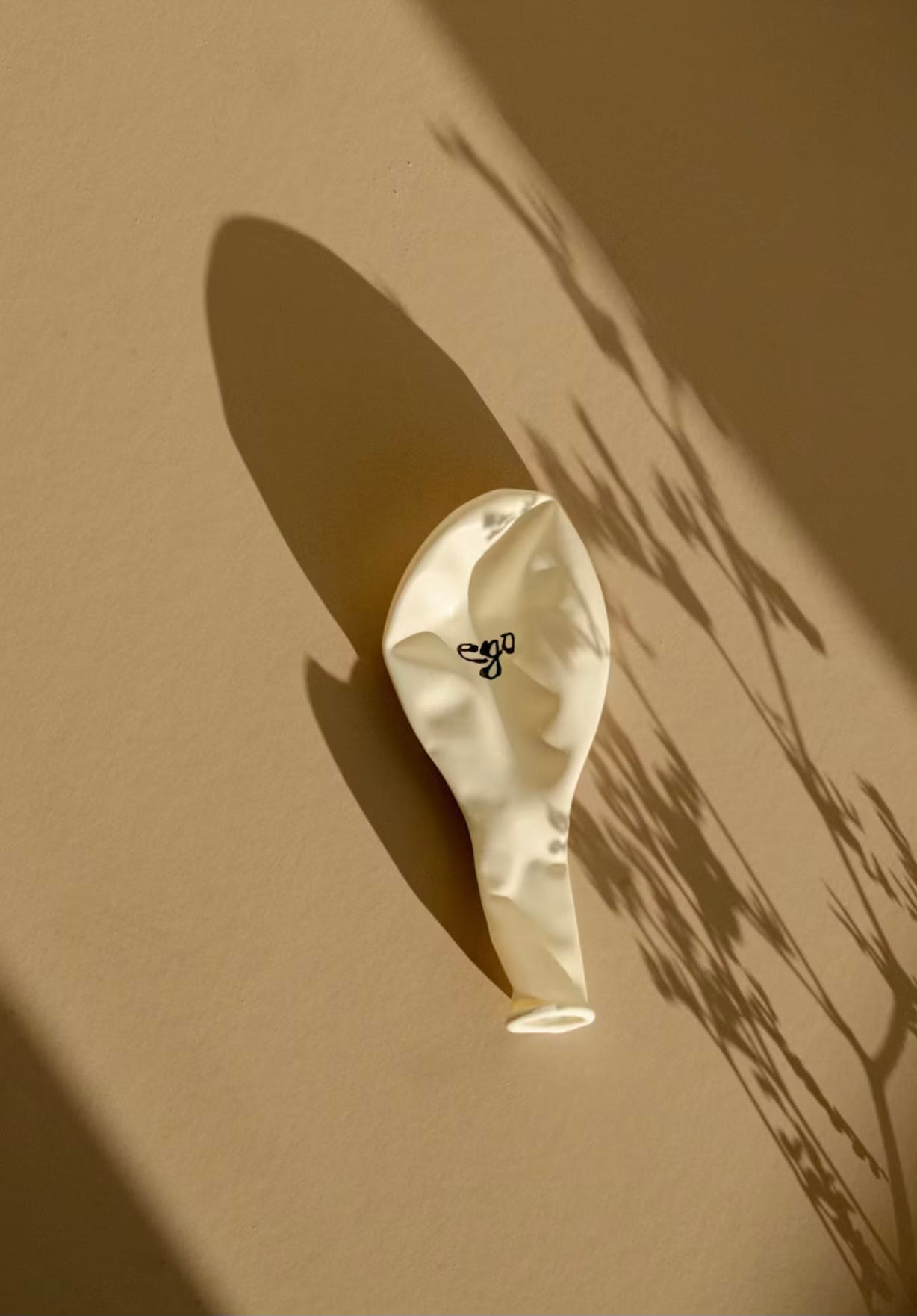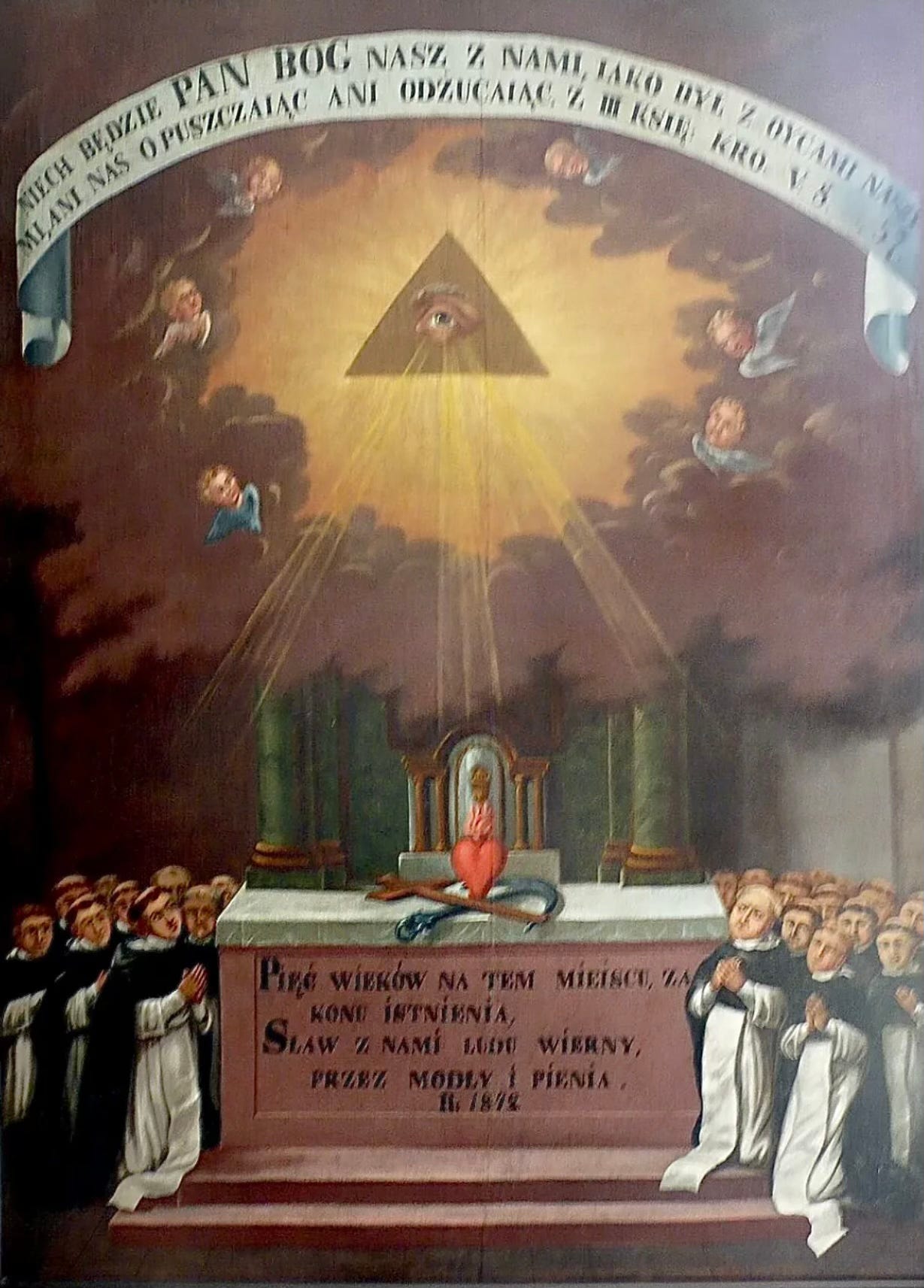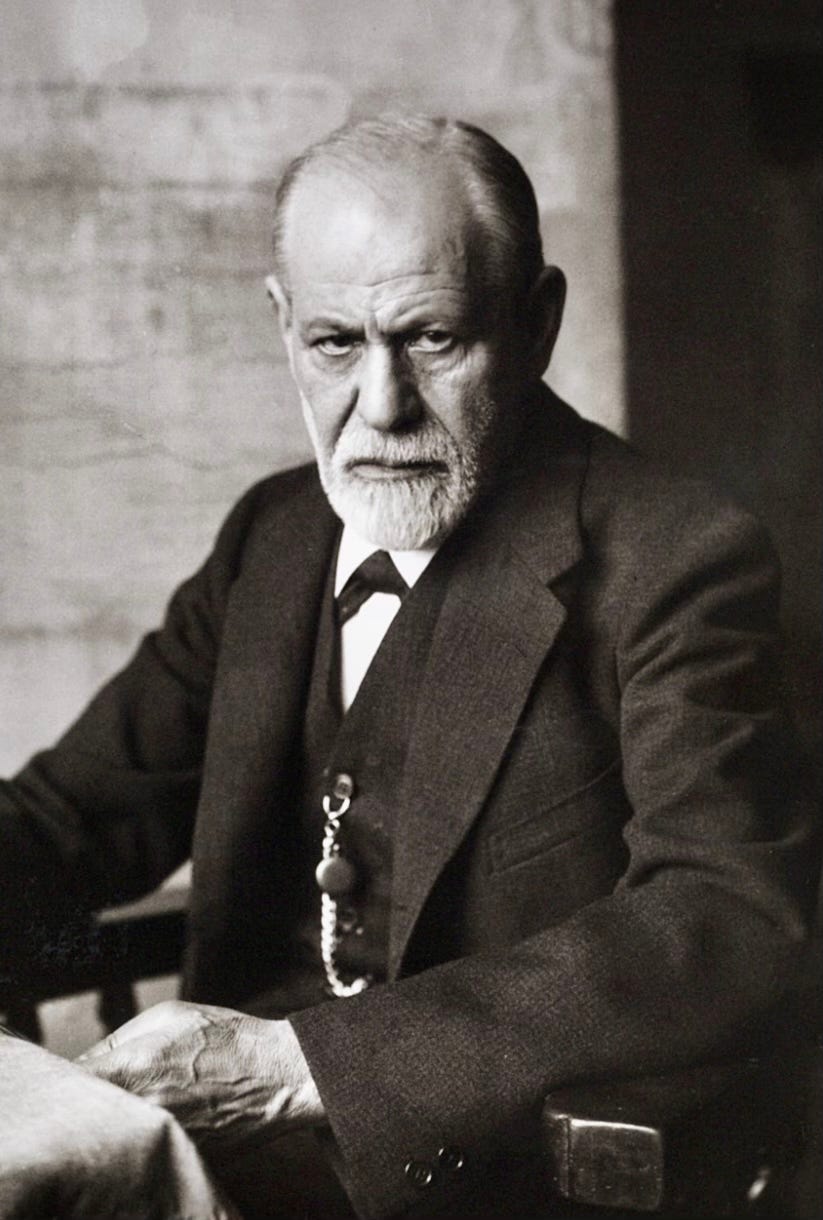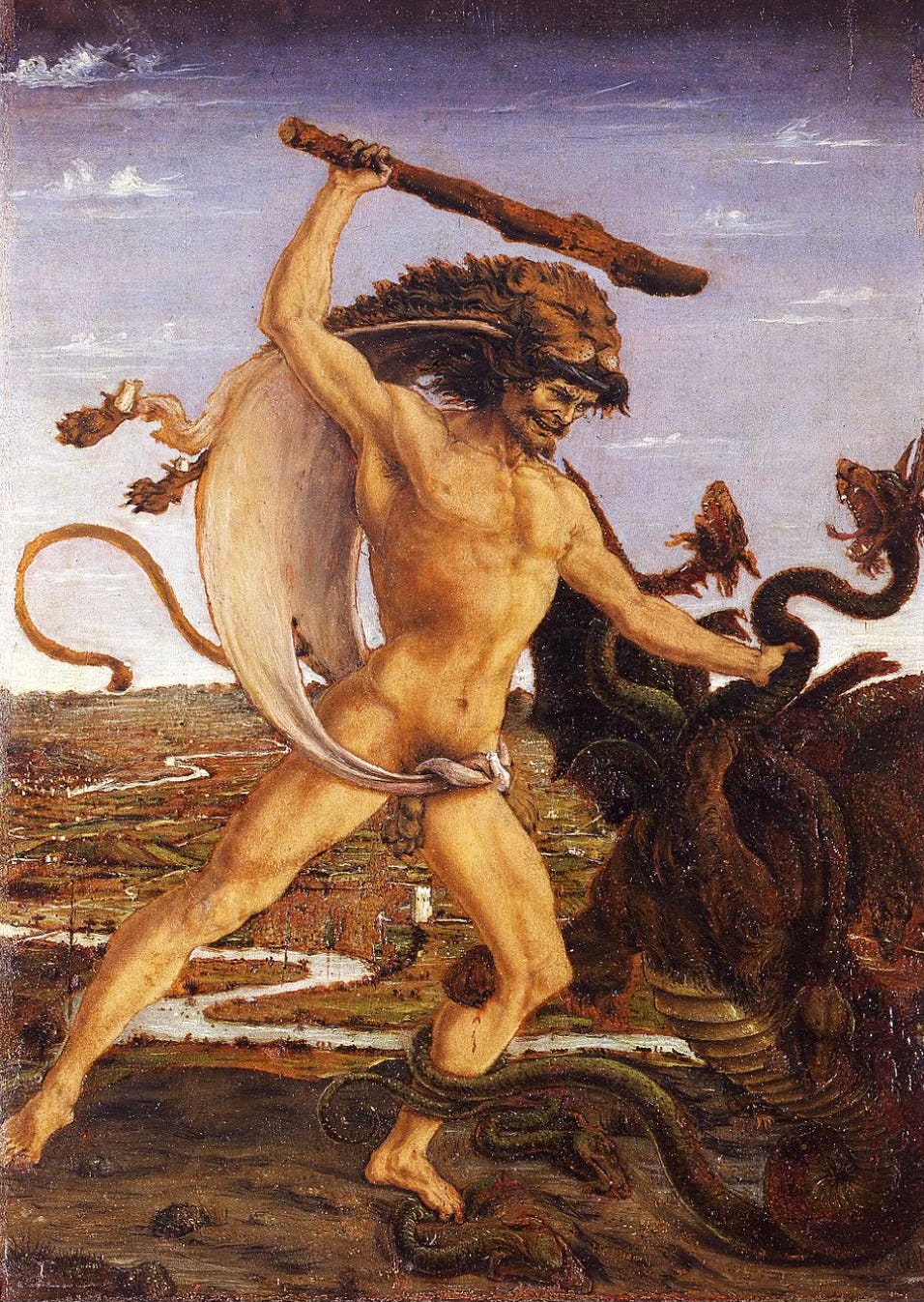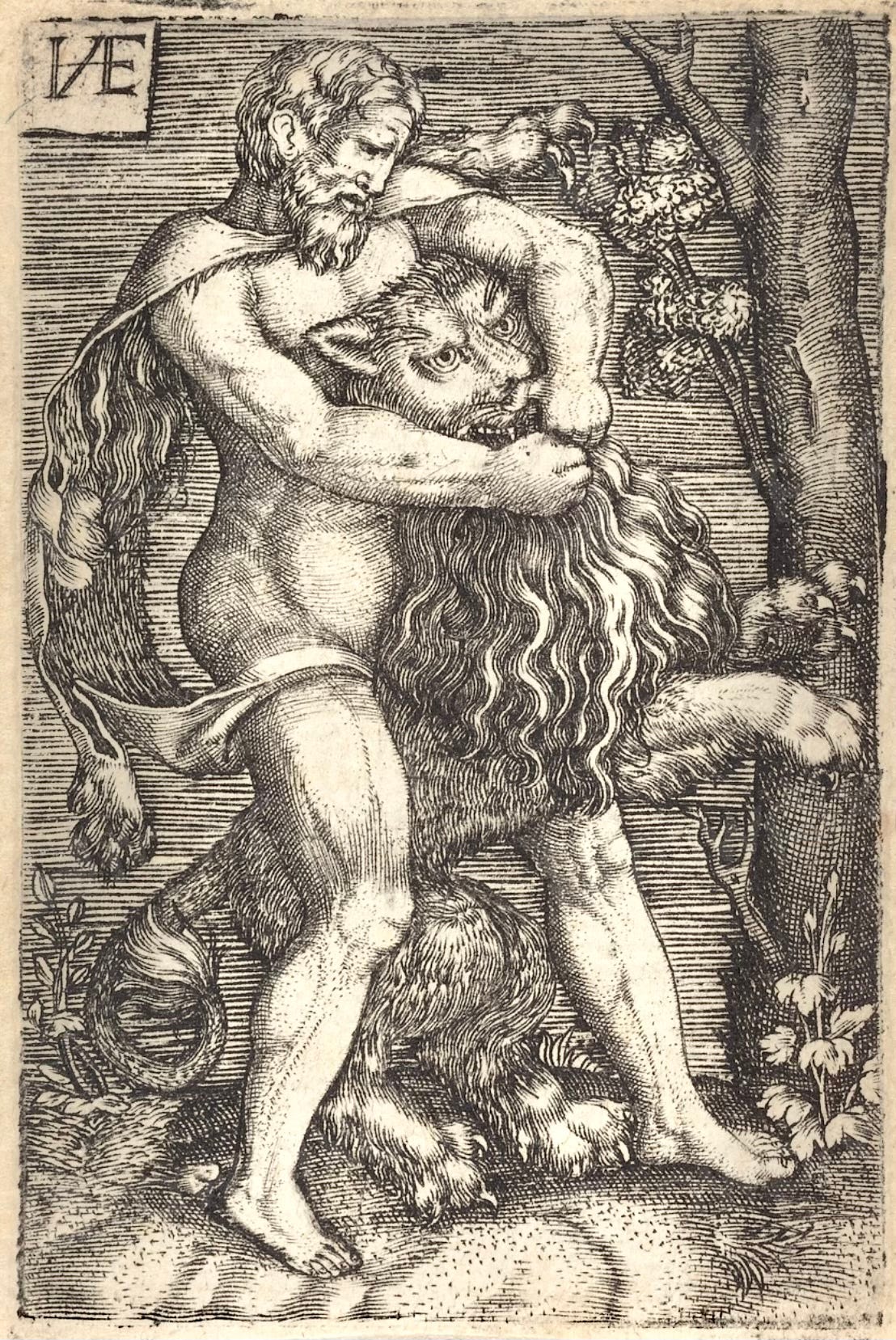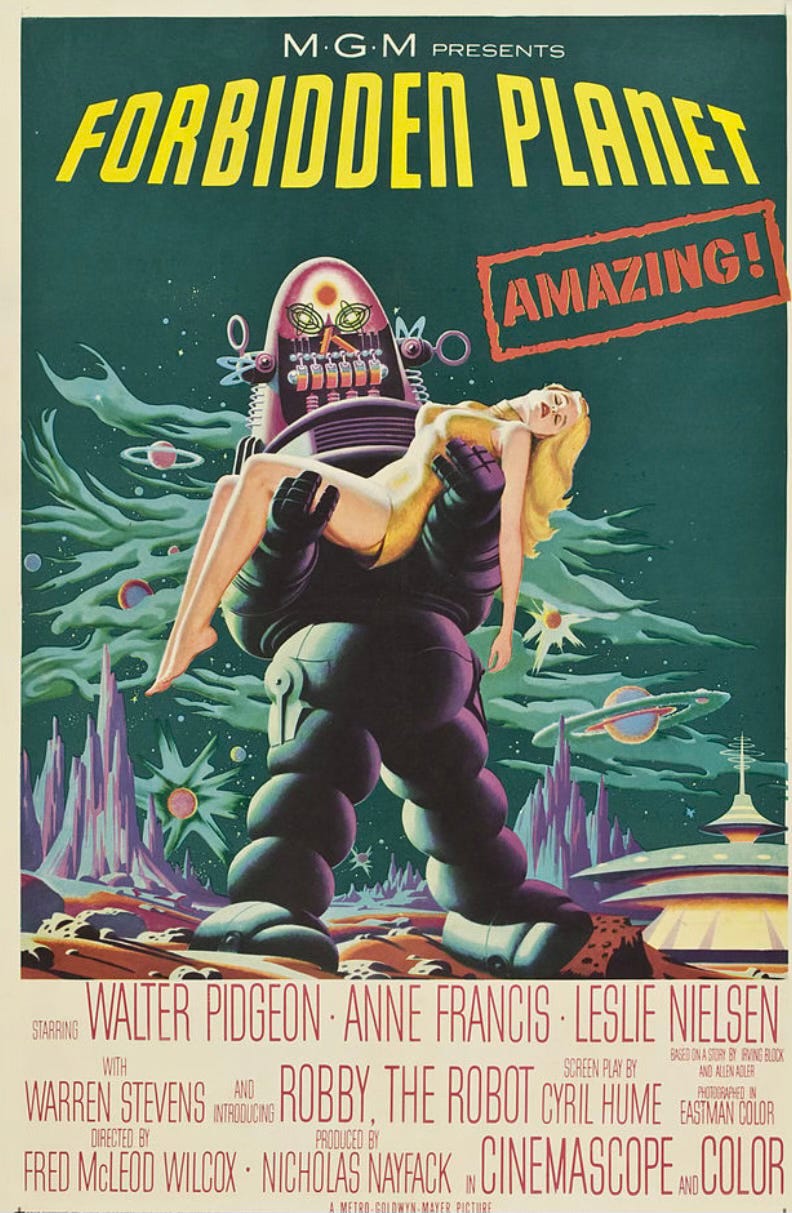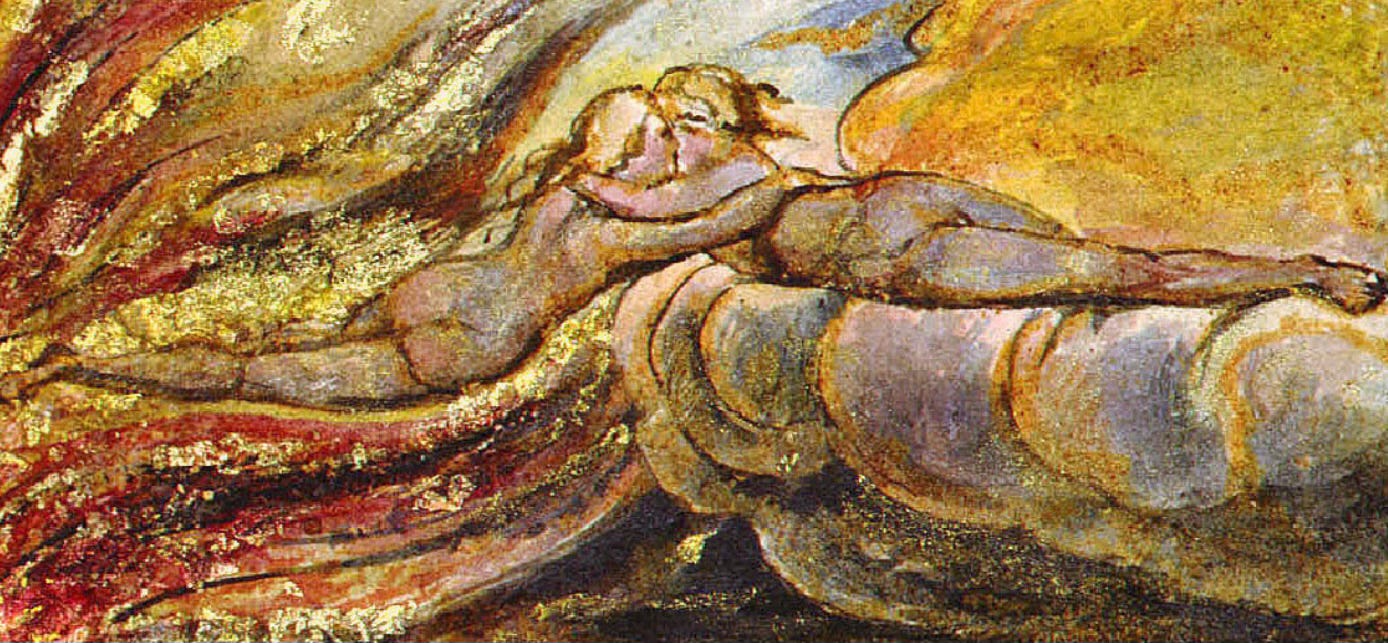Beyond Civilisation: Marcuse, Eros, and the Myth of Progress
From Logos to Eros: Moving beyond the Reality Principle
‘Cave Painting Removal’ by Banksy (2008)
Introduction: The Paradox of Progress
’Intensified progress seems to be bound up with intensified unfreedom,’ Herbert Marcuse observed in his classic work Eros and Civilisation, one of the most profound and compelling books ever written on the problem of ‘civilisation’. In it, he tries to explain and unravel this apparent paradox.
Freud’s reality principle, which is also the principle of ‘Progress’ – the faster you go …
Image: Charlie Chaplin, ‘Modern Times’ (1938), a markably accurate and ‘modern’ exploration of how we become trapped in the Machine: ‘The Tramp works on an assembly line, where he suffers greatly due to the stress and pace of the repetitive work. He eventually suffers a nervous breakdown and runs amok, getting stuck within a machine and throwing the factory into chaos; he is then sent to the hospital.’
Marcuse starts by noting the essential, perplexing, double-bind of late capitalism – the more we have of it, the more entrapped we feel: ‘In exchange for the commodities that enrich their life, the individuals sell not only their labour but also their free time. The better living is offset by the all-pervasive control over living.’ We become like the figure in the famous Laocoön statue, struggling with the giant serpents – the more we struggle to be free, the tighter the coils become.
It was Marcuse’s genius to see that the central problem lies with the particular nature of the processes and programs shaping and underwriting our very idea of ‘civilisation’, and that these processes are both psychological and political in nature (as he notes in his Preface, ‘psychological problems therefore turn into political problems’).
Blake’s extraordinary engraving of the Laocoön statue, depicting ‘Yod or Jehovah & his two Sons Satan & Adam as they were copied from the Cherubim of Solomon’s [Temple] by three Rhodians & applied to Natural Fact, or History of Ilium’. Blake’s view was that this figure – the orthodox ‘God’ of popular religion – was actually an imposter, a rationalising Emissary ‘often mistaken for God’, whose dissociated state of mind generates a number of divisive dualities – above/below, superior/inferior, inner/outer, civilised/primitive, subject/object, good/evil – to which it then becomes enslaved and entwined. It’s a mind-set based on principles of struggle, conquest, mastery, and defeat – which also forms the basis of Freud’s ‘reality principle’.
Beyond the Reality Principle
Central to all these civilising processes is what Freud called the ‘reality principle’, a deeply ambiguous and deeply repressive set of assumptions that hold this system of repression and control in place. As Marcuse notes, ‘the replacement of the pleasure principle by the reality principle is the great traumatic event in the development of man.’
This ‘great traumatic event’ consists in the domination of our bodies and bodily energies by the rationalising, instrumental Ego, which is the key driver behind what we call ‘civilisation’: ‘The ego which undertook the rational transformation of the human and natural environment revealed itself as an essentially aggressive, offensive subject, whose thoughts and actions were designed for mastering objects.’
For much of its history, psychoanalysis has seen this ‘essentially aggressive, offensive subject’ as a ‘healthy’ subject – it has completely bought into its own brilliant PR – and the work of much analysis was to actually ‘strengthen’ it. As the Freudian psychoanalyst and psychiatrist Heinz Hartmann disastrously formulated the project of the new ‘ego psychology’, ‘the stronger the ego is, the more capable it becomes of “neutralizing” libinal energy’ (Ego Psychology and the Problem of Adaptation, 1939).
Marcuse brilliantly challenges these unconscious assumptions about the ego and reveals the essentially pathological nature of this entity, which is rooted in how it sees itself in relation to the world: ‘it was subject against an object’ he notes, the key word here being ‘against’. ‘Nature (its own as well as the external world) were “given” to the ego as something that had to be fought, conquered, and even violated – such was the precondition for self-preservation and self-development.’ In other words, the idea of ‘conquering’ is built into its central program, its self-definition, its DNA.
Marcuse notes the repression and misery generated by this ‘conquering’ stance and links it the rational ego’s view of the ‘Id’ and its desire to dominate, demonise, and sublimate it as well: ‘The struggle begins with the perpetual internal conquest of the “lower” faculties of the individual: his sensory and appetitive faculties’. The conquest of ‘Eros’, in other words – hence the title of Marcuse’s book.
This subjugation of the supposedly ‘lower’ bodily instincts, he suggests, constitutes the very essence and mission statement of civilised ‘rationality’: ‘Their subjugation is, at least since Plato, regarded as a constitutive element of human reason, which is thus in its very function repressive.’ In order to subjugate, the other must therefore be portrayed (by ‘human reason’) as being irrational, primitive, animal, dark. The posh term for this process of subjugation and sublimation, he acutely notes, is ‘Logos’.
The Fall of Atlantis: The standard representation of Freud’s view of the Ego’s relationship to the Id, showing the bodily Id and the imaginative ‘sub’-conscious as now submerged, driven underground. Although this diagram is usually seen as an iceberg (perhaps appropriately, signifying what Marx called the ‘icy water of egotistical calculation’), it also resembles Africa – another ‘dark continent’ which, like the id, has been the unfortunate target of the rational ego’s ‘civilising’ mission.
We can see this historical process of struggle and subjugation in the stories of the defeat of the Titans – gigantic, primal bodily forces of energy that were defeated and cast out by the pompous, domineering, and hyper-rational Sky Gods, representative of the newly dominant left-brain calculating, mastering processes and programs that were now in control of the human brain. The Titans were driven underground (i.e. became ‘sub’-conscious), where they remain in chains – as Marcuse notes, ‘the insights contained in the metaphysical notion of Eros were driven underground.’
The subjugation of the body and bodily energies by the repressive rationalising principle is also the central theme of William Blake’s remarkable work The Marriage of Heaven and Hell, one of the greatest assaults on the false logic of the ‘reality principle’ ever undertaken:
The Giants who formed this world into its sensual existence, and now seem to live in it in chains, are in truth the causes of its life and the sources of all activity; but the chains are the cunning of weak and tame minds which have power to resist energy. According to the proverb, the weak in courage is strong in cunning.
As Norman Brown notes, the best art is not a product of civilisation but an assault on it: ‘Art, if its object is to undo repression, and if civilisation is essentially repressive, is in this sense subversive of civilisation. Art has to assert itself against the hostility of the reality-principle and of reason, which is enslaved to the reality-principle.’ Being ‘enslaved to the reality principle’ is what this is all about.
But this usurping and aggressive ‘rationalising’ program also enslaves the ‘external’ world as ruthlessly and efficiently as it does the ‘internal’: ‘The struggle culminates in the conquest of external nature, which must be perpetually attacked, curbed, and exploited in order to yield to human needs’ – i.e., to the needs of the ‘reality’ or ‘rationality’ principle, or what Shelley called ‘the calculating principle’: how can I get as much as I can out of this situation?
The cultivation of those sciences which have enlarged the limits of the empire of man over the external world, has, for want of the poetical faculty, proportionally circumscribed those of the internal world; and man, having enslaved the elements, remains himself a slave.
To what but a cultivation of the mechanical arts [left brain technology] in a degree disproportioned to the presence of the creative faculty [holistic and intuitive right brain processes], which is the basis of all knowledge, is to be attributed the abuse of all invention for abridging and combining labour, to the exasperation of the inequality of mankind? (Shelley, A Defence of Poetry)
This struggle is rooted, Marcuse notes, in the gulf between ego and being – the ego is not a ‘being’ – it is a detached, self-abstracted Eye – it sees Being as a fierce and antagonistic ocean, forever about to overwhelm it, an image which constitutes the origins of the Flood myth, considered not as an historical event but a perpetual default setting that allows the Ego to maintain its position, to justify its continual conquest of being: ‘The ego experiences being as “provocation”, as “project”; it experiences each existential condition as a restraint that has to be overcome, transformed into another one’; ‘The ego becomes preconditioned for mastering action and productivity even prior to any specific occasion that calls for such an attitude.’
We can hear echoes of this in the fear of being ‘swamped’ by ‘floods’ of immigrants, and it underwrites both the whole ‘project’ of imperialism, and of Newtonian science and the control and rationalisation of ‘nature’, and indeed Freud’s project for the colonisation of the Id.
Images: the detached single Eye, as psychiatrist Iain McGilchrist notes, ‘IS the left hemisphere, inspecting’ and as such is a perfect symbol of the detached, observing ‘reality principle’ in its ascendancy, floating ‘above’ the world of actual bodily reality (Neuromania).
Freud and the Logos
Mr Reality
Much of what Marcuse has to say here is directed against Freud, whose 1929 book Civilisation and its Discontents tried to analyse some of the deeper processes driving civilisation, and in particular what he called ‘Unhappiness in Civilisation’ (the original German title of the book). What’s gone wrong with civilisation? he asks – or is it just doing what it was always designed to do? Were mass repression, alienation, and aggression always part of its basic function, and if so, why?
According to Freud, the underlying justification for civilisation seems to be ‘Subjugation’. ‘In this respect civilisation behaves towards sexuality as a people or a stratum of its population does which has subjected another one to its exploitation.’ This sense of an underlying desire to subjugate or exploit – one that is rooted in the instrumental, rationalising ‘left hemisphere’ – was of course less challenged in Freud’s own day, underwriting as it did the justification for imperialism, the white man’s burden, the mass exploitation of workers, of nature, of women, of sexuality.
The reality principle in action: behind the glorious rhetoric of rational Civilisation and the ‘civilising mission’, Marcuse noted, was the actual reality of subjugation and conquest. Note that in both images the ‘progress’ is one from ‘Barbarism’ towards ‘Civilisation’. This is the central and inherent delusion of all civilisation, and the perverse rationalism which underwrites it. As the top image captions it, ‘Though the Process be Costly, the Road of Progress must be Cut.’ This sense of the inevitability of this Road - exactly the same as with the modern acceptance and compliance of the inevitability of the progress of AI and left-brain Technology and its ever-onward Ascent upwards, is an inherent part of the compulsive and unconscious nature of the ‘ego’ program doing all this advancing and colonising. This sense of ‘inevitability’ is precisely what makes the ‘reality’ of Freud’s principle so toxic: it redefines and normalises repression and consensus delusion as realism.
Freud is of course an acute thinker and was aware of this ideological pull, but he never really frees himself from it – in fact he draws on his own beliefs and assumptions concerning the latent ‘violence’ and ‘irrationality’ of nature to then subsequently justify the ‘subjugation’ of it. It’s a sort of Cold War mentality – you ‘think’ the Other is planning to overthrow and overwhelm you (the rational ego’s default setting), so you act aggressively towards it, and then project these motivations and impulses onto it as the ‘rationality’ for it.
This is also, as Marcuse acutely notes, a trait common in the construction of the masculine ‘mentality’ in these societies, as historical enforcers of the ‘reality principle’– the assumption that other men are hostile and competitive, and therefore you have to be too – a self-justifying, self-perpetuating, loop.
Always on top: hegemonic masculinity. It’s a form of imperialism applied to sexuality. The brutalism of Civilisation is embedded into its very DNA, and propagated through the toxic myths of so-called heroes such as Hercules, Zeus, and Apollo (or Apollôn Hekatos, to give him his full epithet, meaning ‘to destroy by focus’). These were the cultural templates to inculcate and celebrate its form of brutal, predatory ruthlessness in the name of culture and the progress of civilisation. It’s remarkable how often predators or birds of prey become the symbols of these new ‘civilised’ elites and the peculiar form of detached, aggressive ‘rationality’ that underwrites their social dominance. As biologist Rupert Sheldrake acutely notes, ‘whole nations identify with predators as a kind of justification for war-making, where the whole nation becomes like a predator - the symbol of England and many other countries is the lion, of America the eagle, and so on - all around the world you find these predatory animals as national emblems.’
And that’s essentially what we find in Freud’s thinking, in his comments on ‘this primary mutual hostility of human beings’; ‘men are not gentle creatures who want to be loved’; ‘the constitutional inclination of human beings to be aggressive towards one another’; ‘Civilisation has to use its utmost efforts in order to set limits to man’s aggressive instincts and to hold the manifestations of them in check by physical reaction-formations.’ I would suggest that, contrary to what Freud implies, the very notion of ‘civilisation’ actively generates these feelings and responses, through its innate repressive, domineering function, which it then projects onto and reads back into ‘reality’. Freud’s comments on what human beings are like are probably best read as self-analysis.
It’s a bit like the Victorian imperialists who assume the aggressiveness and primitiveness of the ‘natives’ and then use that to justify their ‘civilising’ mission, the basis of their ‘reality principle’. The civilised imperialistic stance and the civilised masculine stance towards other men are both rooted in this same logic. Thus, in Freud’s eyes, one’s neighbour is someone who wants to ‘use him sexually without his consent, to seize his possessions, to humiliate him, to cause him pain, to torture and to kill him.’
Blake’s take on civilisation: Nelson, clearing a space to stand and look glorious, as he treads on a slave (presumably representing Africa, which Britain had recently ‘civilised’).
The Ego, Rationality, and the Reality Principle
Freud is a fascinating thinker – he’s aware at times that these ideas are not actually rooted in reality but in the peculiar nature of the ego, and its constant anxiety: these dreams of subjugation and control are highly appealing to us, he suggests, through ‘presenting the ego with a fulfilment of the latter’s old wishes for omnipotence’; ‘The instinct of destruction … must, when it is directed towards objects, provide the ego with the satisfaction of its vital needs and with control over nature.’ Control ‘over’ nature, control ‘over’ the id is what this approach is all about.
‘Monsters from the Id’: At least in the sci-fi movie ‘Forbidden Planet’ there’s a recognition that the threatening ‘monster’ is a subconscious projection being generated by the desires of the apparently ‘rational’ scientist Dr Morbius. The scientist – an orthodox, i.e., emotionally uptight, anally retentive, socially awkward and self-repressed left-brain type – has subjugated and sublimated his own desires, which now come back to bite him in the arse, as indeed they should.
What is especially problematic in Freud’s thinking is how this egoic wish for ‘control’ and ‘omnipotence’ distorts his own view of the ‘id’, which he presents as an essentially aggressive and ‘wild’ continent needing to be tamed, controlled, and subjugated. He sees the id exactly as the imperialist sees Africa, or perhaps the nineteenth-century view of women as hysterical – it then justifies a certain form or behaviour and action towards them (one that, it should be noted, actually creates the ‘reality’ it fears but also generates – so it becomes a self-fulfilling prophecy, a double bind).
Hence Freud’s unfortunate and misleading references to the ‘Es’ or ‘unconscious’ (the right hemisphere) as ‘primitive and irrational’, needing to be subjugated and ‘appropriated’ – a process, he says, ‘like the draining of the Zuider Zee.’ Freud implied that ‘psycho-analysis is an instrument to enable the ego to achieve a progressive conquest of the id’. He couldn’t be more wrong.
‘Those who restrain desire, do so because theirs is weak enough to be restrained; and the restrainer or reason usurps its place & governs the unwilling. And being restrain’d it by degrees becomes passive till it is only the shadow of desire.’ Blake lands another blow, in the cause of Eros, on the pompous and self-deluded Reality Principle
Marcuse took up all these ideas and hints and ran with them. He showed that, pace Freud, the true nature of ego is not neutral or civilising or even healthy, but is intimately bound up with certain rationalising processes aimed at domination and control of the world – the rational ego ‘wants’ things to be ordered, and rational, and ‘good’, and under its control. Indeed, crucial to understanding the nature of ego is understanding its relationship to ‘rationality’: as Marcuse notes, the ego is ‘the thinking and acting subject’ – as Descartes summed it up: I think therefore I am. Indeed, it is the ego that ‘thinks’ this.
And its form of thinking is always instrumental, calculated and calculating, an incessant drive for mastery and control, for ‘rationalisation’. Marcuse calls this – the quintessential character of all hitherto so-called ‘Civilisation’ – the ‘rationality of domination’: domination because it is power ‘exercised by a particular group or individual in order to sustain and enhance itself in a privileged position.’
But then Marcuse even more breathtakingly and beautifully links this social and economic aspect of the ‘rationality of domination’ to what Freud rather naively (though in some senses rightly) – termed ‘the reality principle’: ‘The various modes of domination (of man and nature) result in various historical forms of the reality principle … for every form of the reality principle must be embodied in a system of societal institutions and relations, laws and values which transmit and enforce the required “modification” of the instincts’.
Domination aka Civilisation: ‘For every form of the reality principle must be embodied in a system of societal institutions and relations, laws and values which transmit and enforce the required “modification” of the instincts’. The pyramid is a potent symbol for the social embodiment and enforcement of the ‘reality principle’: its ubiquity throughout culture, from dollar bills to pop videos, reinforces the legitimacy of this system of domination and abstract control on popular consciousness, like a stamp, or a dog marking its territory.
This aggressive, calculating, rationalising ego took control of the human brain and shaped the world in its image – a world seen now in terms of use and resource (as in classical Darwinism), to be dominated, tamed, measured and controlled by the new program – the ‘reality principle’. Great for the heroic little Ego, terrible for the rest of the body, notes Marcuse, especially for Eros: ‘the pleasure principle was dethroned … because it mitigated against a civilisation whose progress perpetuates domination and toil.’
In such a world ‘reality’ and ‘repression’ necessarily become synonymous: the mechanisms of repression and control become normalised, and as such the whole idea of ‘repression’, Marcuse brilliantly perceives, ‘disappears in the grand objective order of things, which rewards more or less adequately the complying individuals [‘the cunning of weak and tame minds’, as Blake put it] and, in doing so, reproduces more or less adequately society as a whole’.
Examples of such ‘complying individuals’ today might be Andrew Marr, Evan Davies, Krishnan Guru-Murthy, Laura Kuenssberg, John Humphrys, Kirsty Wark. They control the ‘reality principle’ – are the guardians of what sort of thought, or debate, is possible.
Chomsky explains to Marr, one of the current guardians of the ‘reality principle’, his ‘complying individual’ role: ‘I don’t say you’re self censoring. I’m sure you believe everything you’re saying. But what I’m saying is that if you believe something different, you wouldn’t be sitting where you’re sitting. There’s a filtering system that starts in kindergarten and goes all the way through. It selects for obedience, and subordination’. These are the two criteria that rationality cultivates and is interested in, which is why the educational system is designed the way it is.
How can we get rid of them? Marcuse’s solution is equally breathtaking: it is to move ‘beyond the reality principle’, to see through its rationalising lies and normalised aggression, through a self-realisation of its historical and psychological evolution – which as Marcuse points out, Hegel was the first to recognise.
But he also says Hegel did something else extraordinary: he replaced the ideology of ‘use’ and domination – the myth of hard work, of scarcity, of functionalism, of control, of guilt – which had hitherto driven this repression, this ‘civilised’ history – with a completely different ‘ethic’. In Hegel, the End of all this ‘History’, all this apparent ‘Progress’, is transformed through the process of self-realization, and he suggests that the ‘reality principle’ of the future will not be based on conquest (the master/slave opposition), but on ‘forgiveness and reconciliation’.
This signals the end of the reign of Logos, the dominant program or operating system behind orthodox Christianity, Greek philosophy, Newtonian science, and capitalist imperialism:
When philosophy conceives the essence of being as Logos, it is already the Logos of domination – commanding, mastering, directing reason, to which man and nature are to be subjected. The Logos shows forth as the logic of domination. Since the canonization of the Aristotelian logic the term merges with the idea of ordering, classifying, mastering reason.
The philosophy of Western civilisation culminates in the idea that the truth lies in the negation of the principle that governs this civilisation. The traditional ontology is contested: against the conception of being in terms of Logos rises the conception of being in a-logical terms: will and joy.
‘I am God O Sons of Men! I am your Rational Power!’ (Blake, Jerusalem). This ‘Holy Reasoning Power’ as Blake elsewhere terms it, denotes ‘the Logos of domination – commanding, mastering, directing reason, to which man and nature are to be subjected’.
Progress, therefore, will entail a move away from the whole idea of Progress, will entail ‘the negation of the principle that governs this civilisation’ – the negation of the death-trauma that drives ‘the forward-moving dialectic of neurosis which is history’.
It’s a shift from Logos to Eros, from left-brain domination to right-brain embodiment, from Ego to Id, from thinking to being. Not a return but what Hegel calls an Aufhebung – a dialectical movement that includes and enfolds the past, a Hegelian synthesis going from the right brain to the left brain and then, vitally, back to the right brain again, but now on a deeper and more vital, compassionate level, where ‘reconciliation’ and realisation can occur.
Interestingly, at exactly the same time Hegel was writing his Phenomenology of the Spirit, William Blake was also busy dethroning Reason and the Reality Principle – the ‘rationalising selfhood’ – in England, replacing it with the liberation of the Body and the full force of the revitalised Human Imagination. And even more interestingly, the central psychological mechanism of this was also ‘for-giveness’ for Blake, something he saw as an essentially revolutionary act – it gave the repressive ‘reality principle’, the moralising, righteous ego, no ground on which to exert its dominance over Eros, over Being.
The result of removing the reality principle is not chaos, as the rationalising left brain fears, but joy – a huge wave of relief. It is therefore apt, as Marcuse notes, that ‘Hegel’s presentation of his system in his Encyclopedia ends on the word enjoys.’
The Way out: The body is not an enemy to be defeated, or an unthinking material ‘thing’ to be pushed around and ‘civilised’, as the Logos supposes; and it is not ‘a cauldron of seething excitement’, as Freud’s rational ego wants to believe it is, in order to justify its continuing theoretical oppression of it. The Body, as Blake here notes, is not distinct from ‘soul’, but is a ‘portion of Soul discerned by the five Senses, the chief inlets of Soul in this age.’
CODA: The End of Civilisation
Civilisation – What is It Good For? Absolutely … Well, maybe not absolutely, but it’s a fundamentally flawed concept. As Shelley noted, recording the whole futility of ‘civilisation’ and its myth of domination, conquest, and control, in his poem about a traveller coming across the ruined statue of Ramesses II in a desert, the very epitome and symbol of Civilisation and all its pomposity and delusions of power and continuity: ‘Two vast and trunkless legs of stone / Stand in the desert … Near them, on the sand, Half sunk a shattered visage lies … And on the pedestal, these words appear: My name is Ozymandias, King of Kings; Look on my Works, ye Mighty, and despair! Nothing beside remains.’
Rod Tweedy is the author of The God of the Left Hemisphere: Blake, Bolte Taylor, and the Myth of Creation, a study of Blake’s work in the light of modern neuroscience, and the editor of The Political Self: Understanding the Social Context for Mental Illness, and The Divided Therapist: Hemispheric Difference and Contemporary Psychotherapy (Routledge, 2020).

